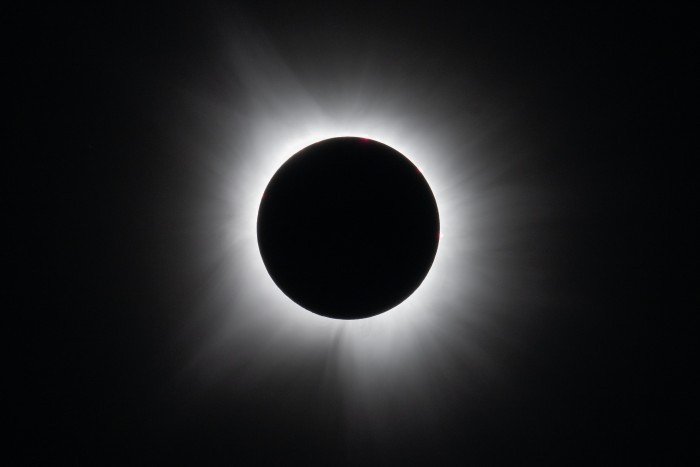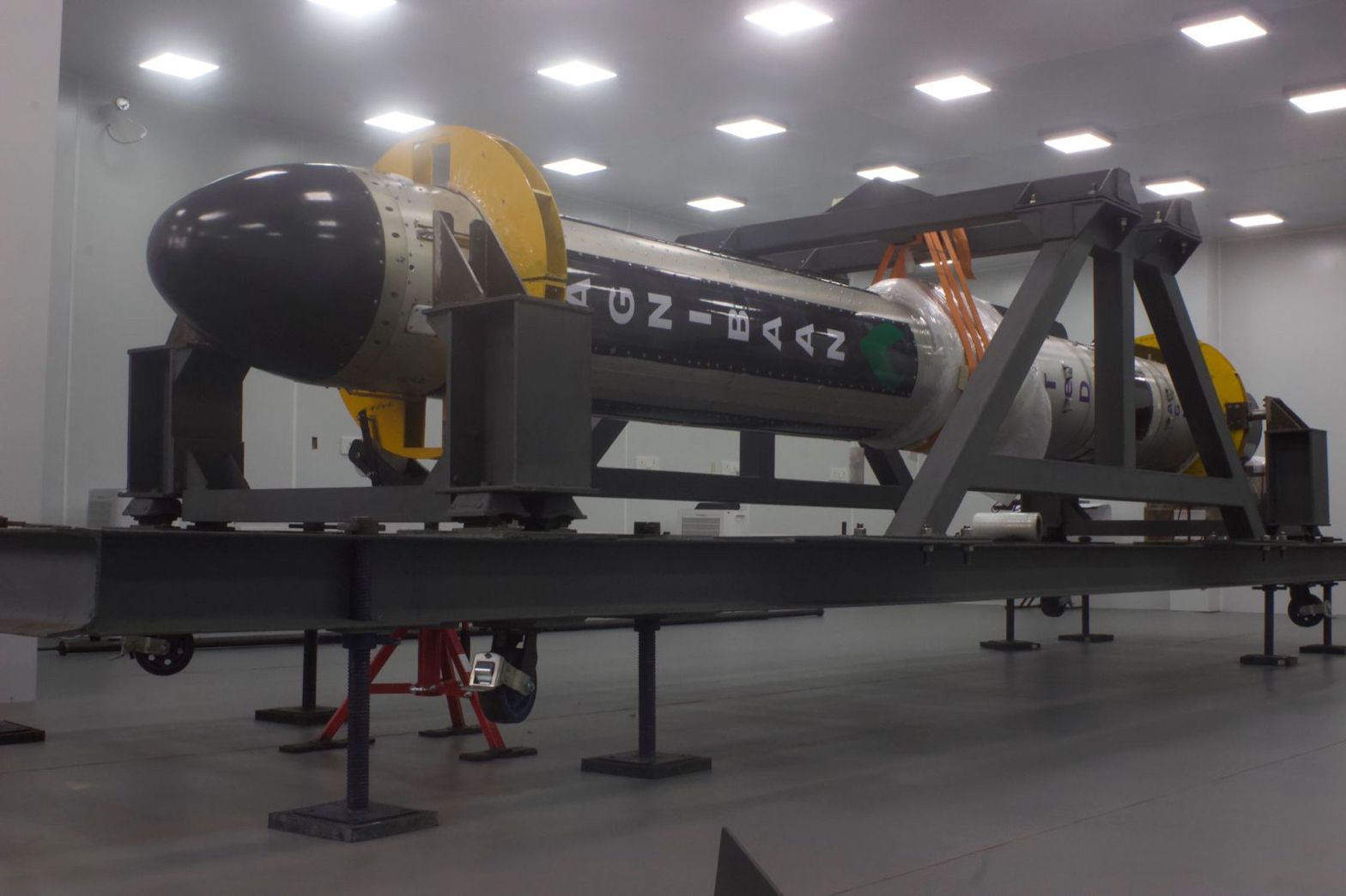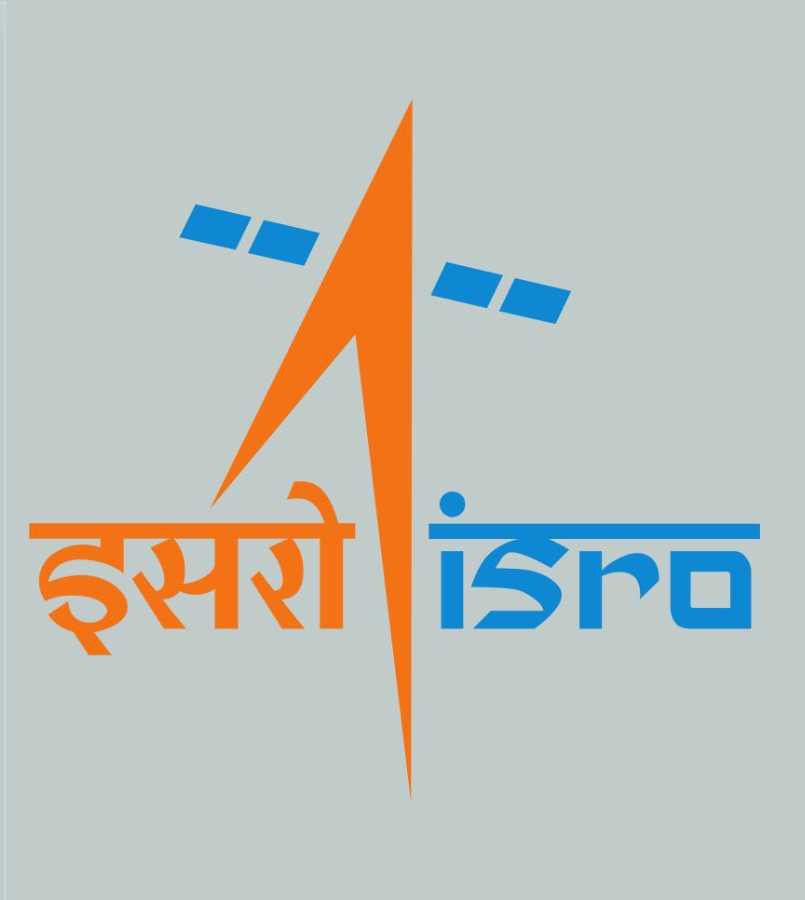
BEIJING (PTI): Scientists have proposed a new way to prevent communication blackouts with spacecraft re-entering Earth's atmosphere - by using a specially designed antenna.
The method can maintain communication with spacecraft and other vehicles by matching resonance of the antenna with that of the surrounding hypersonic sheath.
"When a re-entry vehicle is unable to be connected, the only thing you can do is pray for it," said Xiaotian Gao, a physicist at the Harbin Institute of Technology in China.
The approach might also be applied to other hypersonic vehicles such as futuristic military planes and ballistic missiles, researchers said.
Communication blackouts with hypersonic vehicles occur because as the craft zips along at five or more times the speed of sound, an envelope of hot ionised air, called a plasma sheath, surrounds it.
This plasma sheath will reflect electromagnetic signals under most conditions, cutting off connection with anything outside of the vehicle.
However, under certain special conditions, a plasma sheath can actually enhance the radiation from a communication antenna.
Gao and his colleagues reasoned that it would be possible to replicate these special conditions in ordinary hypersonic flight by redesigning the antenna.
The researchers first analysed earlier experiments and found that the special signal enhancement could be explained by a resonance, or matched electromagnetic oscillations, between the plasma sheath and the surrounding air.
They propose adding a "matched layer" to ordinary communication antennas to create the desired resonant conditions during normal hypersonic flight.
The matched layer works because it acts as like a capacitor - a type of electrical energy storage unit - in the antenna circuit, he said.
The plasma sheath, on the other hand, acts like an inductor, which resists changes in an electric current passing through it. When a capacitor and an inductor are paired together, they can form a resonant circuit.
"Once the resonance is reached, the energy can be exchanged between them steadily and loosely, like real capacitance and inductance do in a circuit," Gao said.
"As a result, the electromagnetic radiation can propagate through the matched layer and the plasma sheath like they do not exist," he said.
For the resonance to work, the thickness of the matched layer and the plasma sheath must be smaller than the wavelength of the electromagnetic waves used to communicate, so the approach would be ineffective if the antenna frequency were too high, Gao noted.
The properties of the plasma sheath can change during flight, but researchers believe their matched layer can adjust for these changes if it is made from a material whose electromagnetic properties can be tuned with an electrical signal.
The research was published in the Journal of Applied Physics.
 Previous Article
Previous Article Next Article
Next Article














The Indian Air Force, in its flight trials evaluation report submitted before the Defence Ministry l..
view articleAn insight into the Medium Multi-Role Combat Aircraft competition...
view articleSky enthusiasts can now spot the International Space Station (ISS) commanded by Indian-American astr..
view article